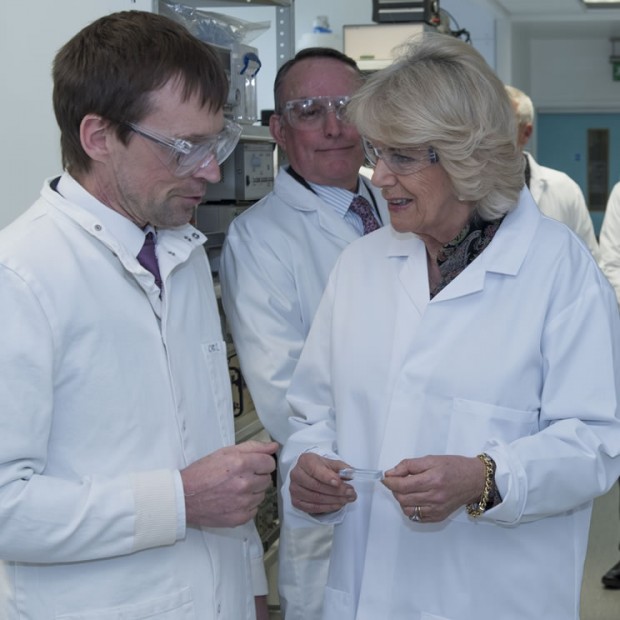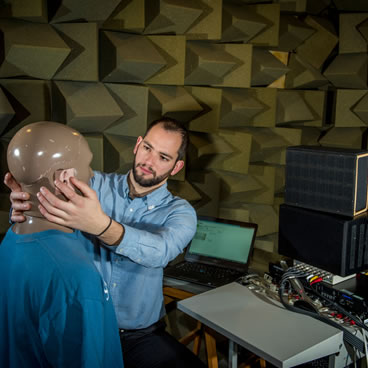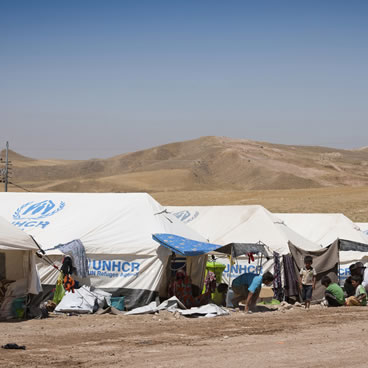
As Active Ageing Week (27 September -3 October 2015) once again got underway, participants took heart from a report showing that a healthy and active old age is now a reality for many Europeans and a genuine possibility for many more.
The Active Ageing Index (AAI) Analytical Report details the extent to which 28 European Union nations are facilitating the potential of older people to contribute not just to their own wellbeing, but also to help sustain greater economic and social prosperity for society as a whole. By analysing what progress has been made in active ageing since 2008 across the EU member states it was found that, on average, there was an increase of nearly two points in the EU overall, with an increase of nearly three points or more in nine countries.
The report comes from United Nations Economic Commission for Europe (UNECE) and European Commission (EC), and is produced at the University.
Professor Asghar Zaidi, the lead author of the report, says:
“Active ageing means growing older in good health and as a full member of society, feeling more fulfilled in jobs and also in social engagements, more independent in our daily lives and more engaged as citizens. But this can’t happen without changes in our own lifestyles as well as help from governments and relevant agencies.”
The report shows that countries at the top of the AAI score (Sweden, Denmark, the Netherlands and the UK) have done consistently well across all four areas of active ageing: employment, social participation, independent living and capacity of active ageing.
By benchmarking country performances, governments are encouraged to look at policies and programmes that other countries have adopted and learn from those experiences. For example, Denmark and the UK are tenth and seventh in the ranking for social participation. Understanding why Ireland and Italy have much higher scores in this respect will help to shape policies to foster more participation in Denmark and the UK.
Initiatives such as Active Ageing Week should help play their part. The Week was initiated by the International Council of Active Ageing to celebrate ageing and to promote the benefits of a healthy lifestyle. Organisations provide single or multiple leisure pursuits that enable as many older adults as possible to experience wellbeing activities and exercise in a safe, friendly and fun atmosphere. Since its inception in 2003, thousands of organisations and millions of people have participated in the event.



